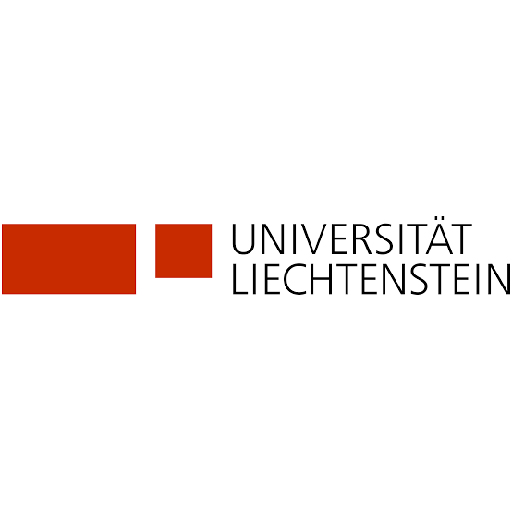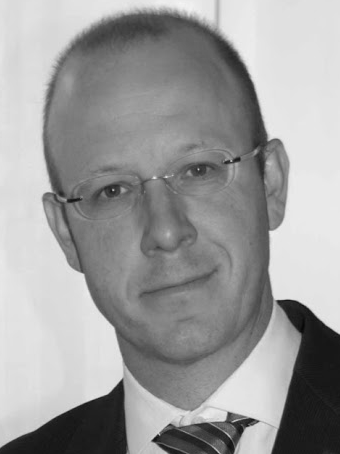
University of Liechtenstein
The University of Liechtenstein was established in 1961 through the initiative of business and the State under the name “Abendtechnikum Vaduz”. It is funded by the State and various business organisations. In addition to the departments of Mechanical Engineering, the departments of Architecture and Civil Engineering were opened in 1963.
Since 1985 the departments of Continuing Education and Technology and Knowledge Transfer have been continually developed, and out of the “Abendtechnikum” grew the “Liechtensteinische Ingenieurschule (LIS)”. In 1992 the LIS was recognised as a university of applied sciences (Fachhochschule), and the Department of Business Information Systems was established. In 1997 the LIS was converted to a foundation under public law. The foundation continues to be funded by the State and business organisations.
Due to the strategic reorientation, the technical departments for Mechanical Engineering and Civil Engineering were closed in 2002. Out of the Department of Business Information Systems, the Department of Business Sciences including the Institutes for Entrepreneurship, Financial Services and Information Systems was created and expanded in stages. In March 2002 the university campus was relocated to its new site at the renovated premises of the former Spoerry textile factory in Vaduz.
In 2003 the SME Centre (KMU Zentrum) began its work as the Hochschule’s first associated research institute, and in 2004 the Liechtenstein Economic Research Centre (KOFL - Konjunkturforschungsstelle Liechtenstein) was opened as an additional associated research institute.
In February 2005 the conversion of the university of applied sciences (Fachhochschule) to the Hochschule Liechtenstein followed (Law on the Hochschule Liechtenstein of 21 January 2005).
In July 2008 the Government of the Principality of Liechtenstein authorised the Hochschule Liechtenstein to offer doctoral degree programmes. On 1 September 2009 the Gradute School was opened as the institutional umbrella for all Master´s and doctoral degree programmes.
In November 2010 the Liechtenstein Parliament adopted the law on the University of Liechtenstein came into effect on 1 February 2011.





